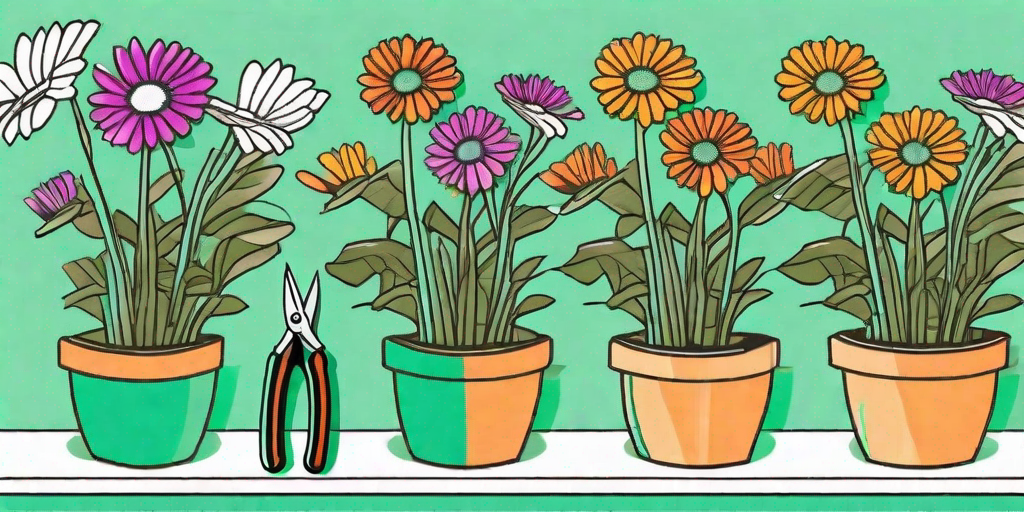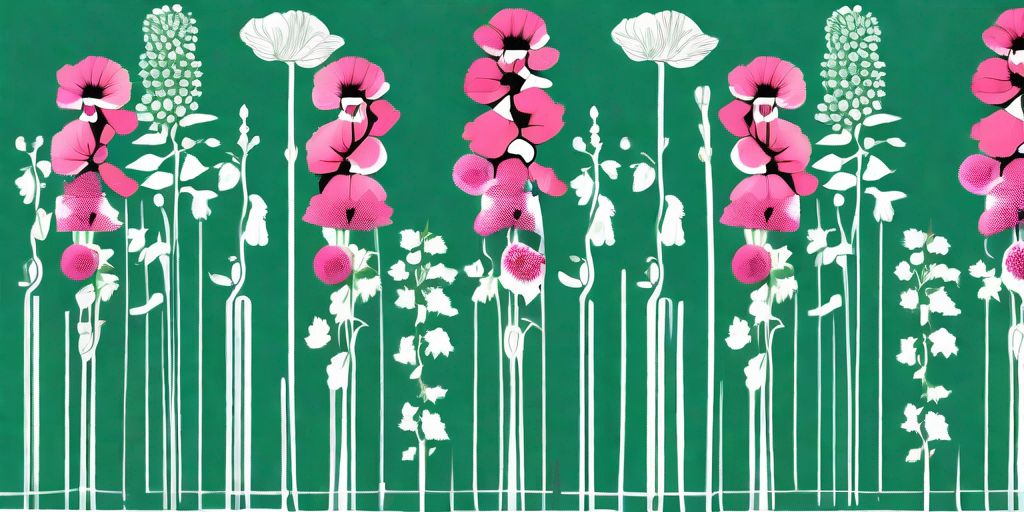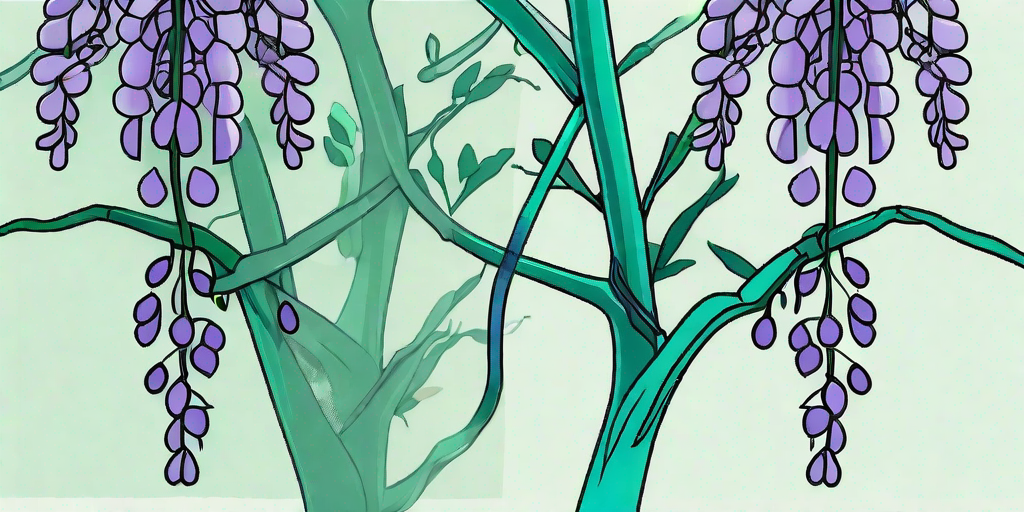
If you're looking to add a touch of timeless elegance to your garden, look no further than the humble hollyhock. These towering beauties, with their vibrant blooms and stately stature, are a sight to behold. But don't let their grandeur intimidate you - they're surprisingly easy to grow, even for the most novice of gardeners. So, let's roll up our sleeves, dust off our gardening gloves, and dive into the delightful world of hollyhocks.
The Hollyhock Lowdown
Before we get our hands dirty, let's take a moment to appreciate the hollyhock in all its glory. Hollyhocks, or Alcea rosea if you want to get fancy, are native to Asia and Europe. They're part of the mallow family, which also includes other garden favorites like hibiscus and okra. Hollyhocks can grow up to 8 feet tall, making them a striking addition to any garden landscape.
But it's not just their size that's impressive. Hollyhocks are known for their large, disc-shaped flowers that come in a variety of colors, from the softest pastels to the most vibrant hues. And if that wasn't enough, they're also a favorite among pollinators, attracting bees, butterflies, and hummingbirds to your garden.
Planting Your Hollyhocks
Now that we've sung the praises of the hollyhock, let's get down to business. Planting hollyhocks is a straightforward process, but there are a few key steps to ensure your plants thrive.
Step 1: Choose Your Spot
Hollyhocks are sun-loving plants, so choose a spot in your garden that gets at least 6 hours of sunlight each day. They also prefer well-drained soil, so avoid areas where water tends to pool.
Step 2: Prepare the Soil
Like any self-respecting plant, hollyhocks appreciate a good meal. Enrich your soil with compost or a slow-release fertilizer before planting to give your hollyhocks a nutrient boost.
Step 3: Plant the Seeds
Plant your hollyhock seeds about 1/4 inch deep and 2 feet apart. They're not fans of crowding, so give them plenty of room to grow. Water thoroughly after planting, and keep the soil moist until the seeds germinate.
Caring for Your Hollyhocks
Once your hollyhocks are in the ground, it's all about maintenance. Here are a few tips to keep your plants happy and healthy.
Watering
While hollyhocks are relatively drought-tolerant, they do appreciate a good drink. Water your plants regularly, especially during dry spells. But be careful not to overwater - soggy soil can lead to root rot.
Fertilizing
Give your hollyhocks a boost with a balanced fertilizer in the spring and again in the summer. This will promote strong growth and abundant blooms.
Pest and Disease Control
Hollyhocks, like all plants, can fall prey to pests and diseases. Keep an eye out for common issues like rust, leaf miners, and Japanese beetles. If you spot any problems, treat promptly with an appropriate organic or chemical solution.
FAQs About Hollyhocks
Got questions about hollyhocks? We've got answers. Here are some of the most frequently asked questions about these garden giants.
When is the best time to plant hollyhocks?
The best time to plant hollyhocks is in the spring or fall. If you're planting in the spring, wait until the danger of frost has passed. If you're planting in the fall, get your seeds in the ground about 8 weeks before the first frost.
How long do hollyhocks live?
Hollyhocks are biennial or short-lived perennial plants. This means they typically live for two to three years. However, they often self-seed, so you can enjoy a continuous display of hollyhocks in your garden.
Are hollyhocks deer resistant?
Good news for gardeners in deer-prone areas - hollyhocks are generally not a favorite snack of deer. However, hungry deer will eat almost anything, so there are no guarantees.
Conclusion
There you have it - everything you need to know to grow hollyhocks in your garden. With their towering height, vibrant blooms, and easy-care nature, hollyhocks are a true garden superstar. So why not give them a try? Your garden (and your local pollinators) will thank you.















